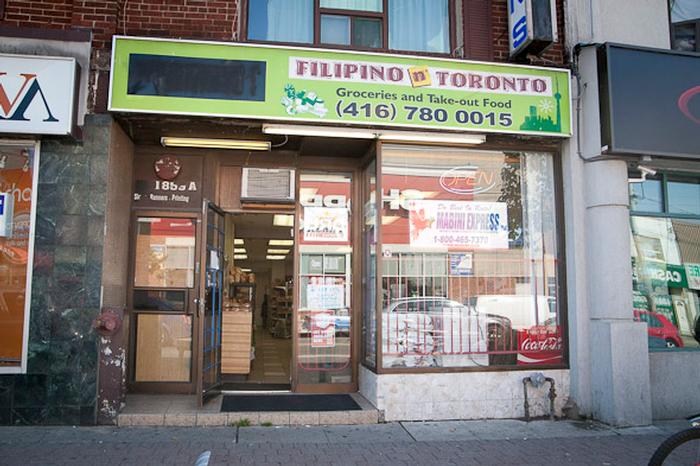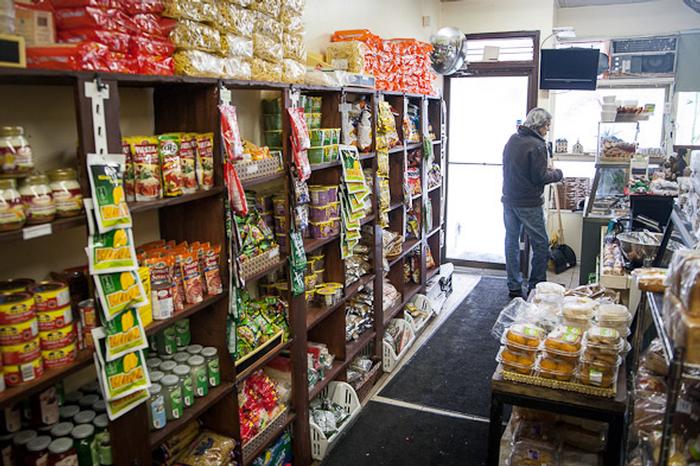Jan Doroteo ProposalThe Little Pinoy Sari-Sari Store: Of Otherness and Belonging in a Global DiasporaI am proud to be one of 700 000 Filipino-Canadians of this country, the fastest-growing immigrant population in the nation. In trying to understand how Filipinos represented themselves in an urban city, like Toronto, I did not assume that I would encounter such remarkable invisibility. I was awoken to reality. Unlike other immigrant groups (particularly Asian), Filipinos take pride in their ability to blend into Western culture. We are largely Roman-Catholic, take pride in our high English literacy, and others quip that hip-hop has become the national dance of the Philippines. I couldn’t seek out a temple, a language school, or a performing arts theatre; I needed to take a more subversive approach. In my observation of the city, what stood out in the Filipino enclaves are these small “hole-in-the-wall” convenience stores known as Sari-Sari stores. They are numerous, found in many cities worldwide, and aesthetically unexceptional. Yet I've come to declare these stores as a legitimate, if not symbolic and rhetorically impactful, architectural “typology” with a program that isn’t just commerce. They are significant as safe-spaces of "otherness." They allow Filipinos to exercise their ethnic identity in the complicated and contradictory way that it functions as neo-colonial subjects. For example, these stores sell the many things that we as international Filipinos try to hide, like sun-dried fish and fermented sauces. Within the tight aisles, overstocked do-it-yourself shelving, poorly lit space and the inundation of colourful advertisement posters, the Filipino customer is transported back to the messy but vibrant homeland. Most importantly, these stores are more than just a place; they perform like virtual networks. Here is where one connected with Filipinos both in their cities and back home. In the diasporic condition of Filipinos, scholars declare the “technocratic” activities between domestic and overseas family members like long-distance calling, money remittance, sending "balikbayan" boxes, and subscribing to “The Filipino Channel” TV box as legitimate forms of bonding and relationship upkeep. The Sari-Sari store is then a conduit to operations much larger than its physical confines, precisely because only here can Filipinos avail of these technocratic services. For the many home-sick Filipinos in my city these convenience stores serve as a portal, an architecture that transports them back to their homelands, and through its services allows them to bond and connect not only with the local Filipino community but also their families back home. This is truly a simple architecture that achieves a lot. I want to expand on the essay by using the Sari-Sari stores as a case study to understand how architecture can help sustain personal relationships (like between mother and children or husband and wife). I want to see how these “incidental support structures” come to the aid of immigrants at various parts of their journey from immediate arrival to long-term assimilation. In doing so, I will expand on the rhetoric of a phenomenological architecture that is departed from the highly formal spaces and “expensive” architecture we are accustomed to. Ultimately, the contribution I want to add to the architectural community is not to introduce new voices in architecture and create intersectionality, but rather to contribute to a richer understanding of architecture through intersectionality. Additional Help and InformationAre you in need of assistance? Please email info@berkeleyprize.org. |
|


